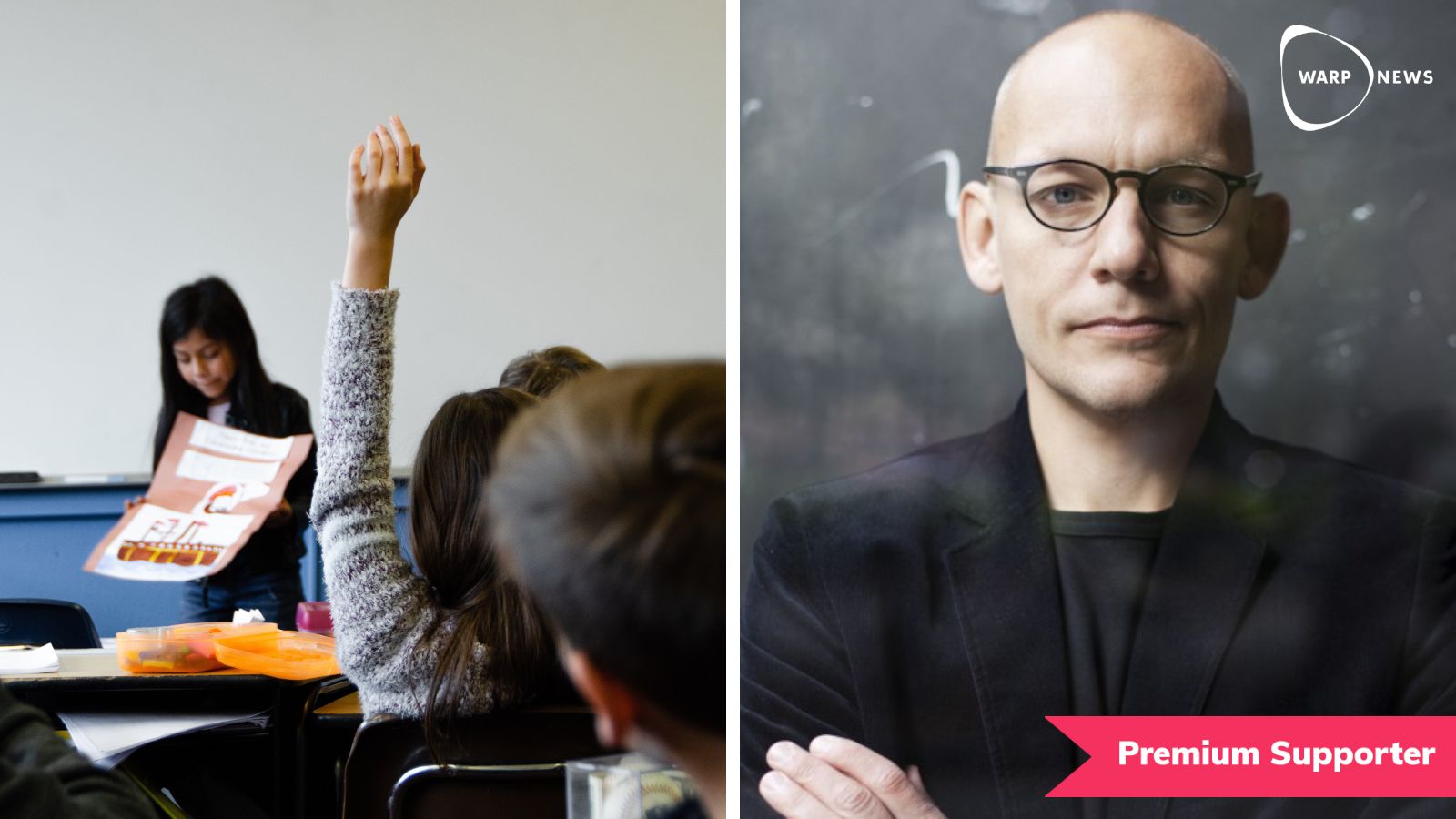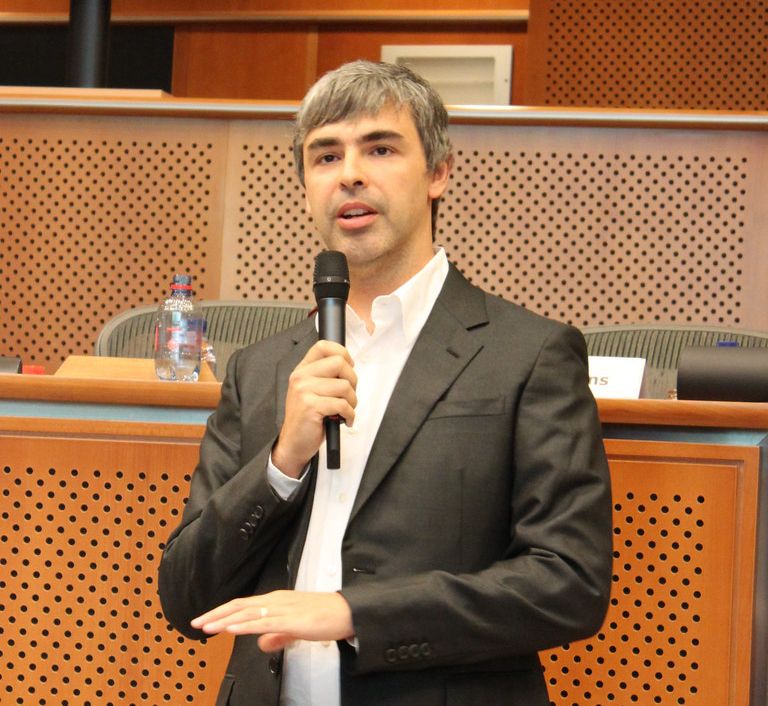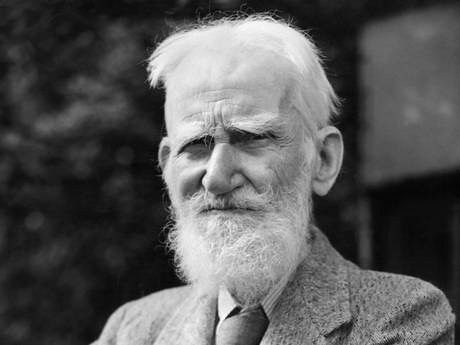
❓ The question is the weapon of the optimist
There is more to the question than you might think. It helps you shape your future, from a point in the future- as well as discover a richness of potential outcomes.
Share this story!
Pessimists do not ask questions. Pessimism is epistemically closed. Holding on to the idea that everything is getting worse in time requires perseverance, leaving no room for questions. A question reveals the greatness of the world and opens up a variety of potential outcomes.
Therefore, the pessimist asks no questions. There is nothing to be asked about, no opportunities to explore, no future to discover. The optimist, on the other hand, are similar to a child in a way, that uses questions to explore the world. The child's why-question is closely related to optimism, which leads to a diversity of futures.
A study was conducted a number of years ago, and it was found that girls aged four ask around 390 questions a day, and this only stops when they start school and need to start answering questions instead.
However, this does not apply to all schools, because in Montessori schools, for example, continued questioning is encouraged. Is it a coincidence that Larry Page, Sergei Brin, Jeff Bezos, and many other entrepreneurs – and optimists – went to Montessori schools? Or that Alexander Graham Bell and Thomas Edison were involved in developing and financing such schools?
Entrepreneurship is based on optimistic questions
Here lays one of the important advantages of being a optimist. The optimist knows that there is always more to discover and new questions to be asking. The optimist asks open and curious questions that lead to a new understanding of the shape of the world. Larry Page himself said about his Montessori education: "I think it was part of that training of not following rules and orders, and being self-motivated, questioning what's going on in the world and doing things a little bit differently".

The relationship between questions and optimism is important not least because it leads to a central insight: it is not so difficult to become an optimist, and it is not about "believing in something".
Becoming an optimist involves acting differently. An easy way to start is to ask questions. When someone says it is not possible, ask why and continue like the quality experts who ask why six times to get to the root cause of a problem. Ask until you understand the whole problem better. Pretend you already succeeded and ask yourself how you did it even though everyone said it was impossible.
Imagine that you describe the successful project from a point in time 12-18 months in the future and how you got there. This method is called backcasting and is based on the fact that we can discover new possibilities by telling stories. Ask, as Larry Page often did, how something can be made even bigger and better.
Was the serpent optimistic?
Ask the classic question that the devil (the serpent) asks in George Bernard Shaw's book "Back to Methuselah": "When you and Adam talk, I hear you say 'Why?' Always 'Why?' You see things; and you say 'Why?' But I dream things that never were; and I say 'Why not?".
The devil, at least in Shaw's imagination, is optimistic.

There is also another optimistic trait in the question – the belief that other people can carry answers and help to improve the situation. The silence of the pessimist's
carries traits of misanthropy – an unwillingness to even engage other people in a discussion about how things could be better.
The optimist sees other people as sources of knowledge and inspiration, and approaches them with their questions to find completely new solutions to problems. If you were asked to decide if someone is optimistic without asking the question directly, one way to discover it could be to ask the question: "what are the most important questions you are interested in and what would you like to ask them?".
So - what are your questions?
Nicklas Berild Lundblad is one of Warp News' experts. Nicklas Berild Lundblad is global head of the tech policy team at Stripe and has previously worked as head of community planning at Google. He has a PhD in computer science, has a law degree with a specialization in IT law and a bachelor's degree in theoretical philosophy.
By becoming a premium supporter, you help in the creation and sharing of fact-based optimistic news all over the world.


